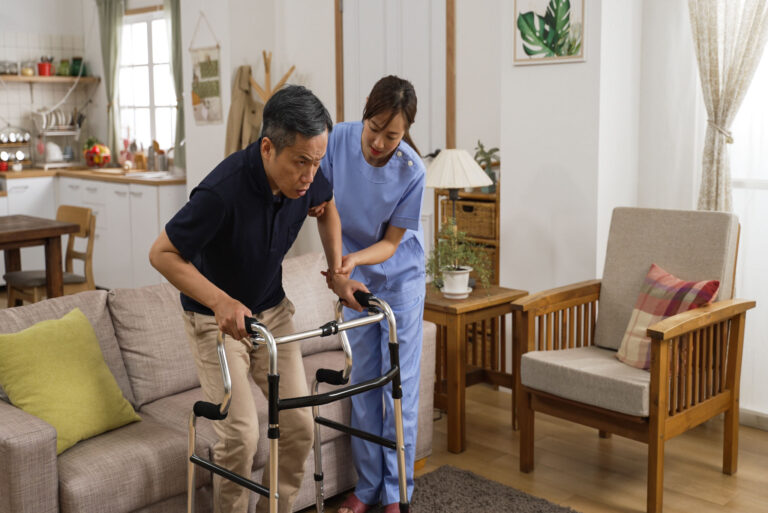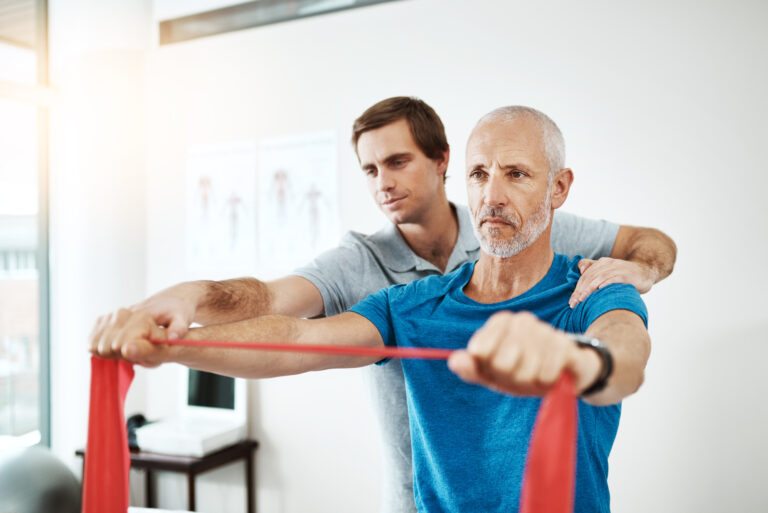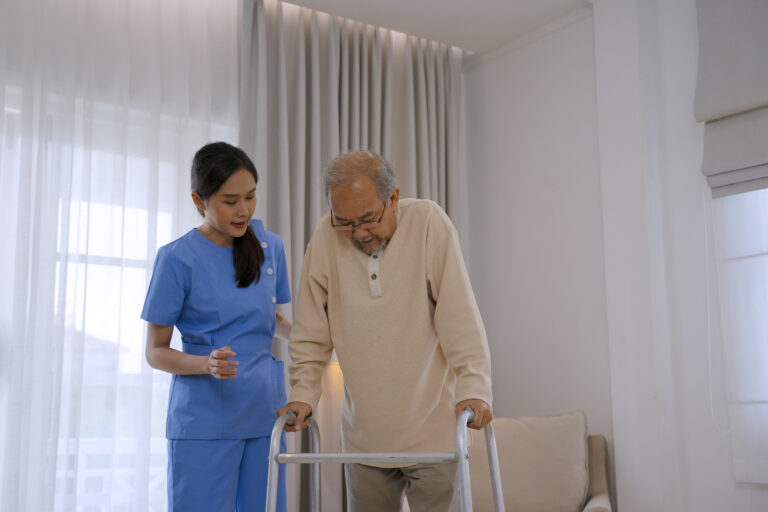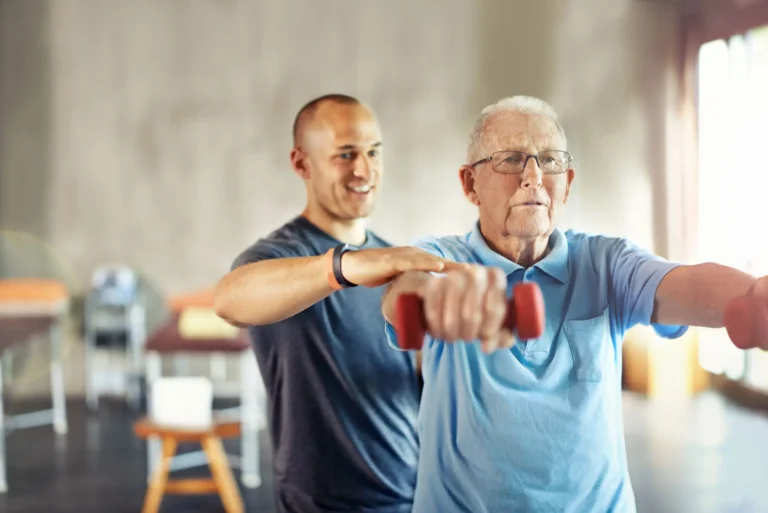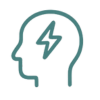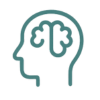Specialist Physiotherapy for Disorders of Consciousness – At Home
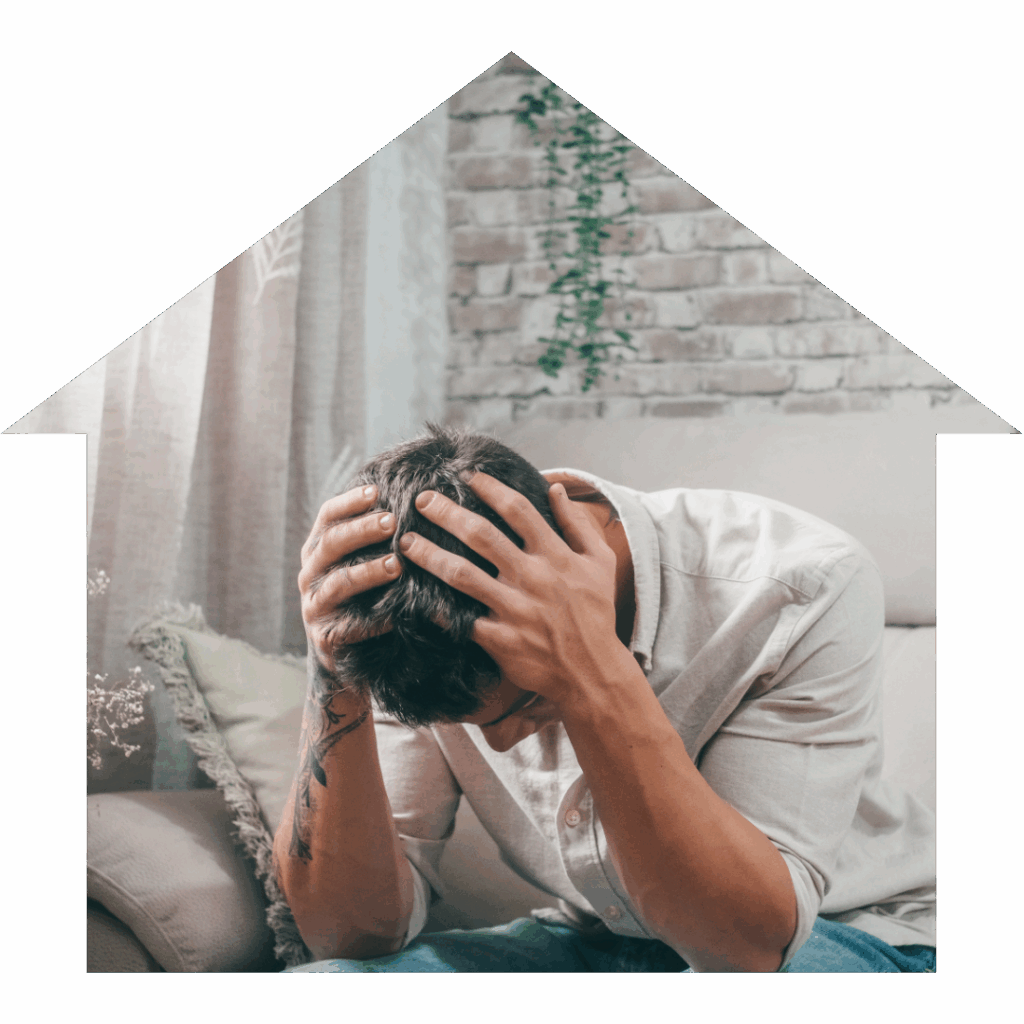

Understanding Disorders of Consciousness (DoC)
Disorders of Consciousness are a set of neurological conditions which cause a person to experience significant reduction in awareness or sensitivity. They include coma, vegetative state (VS) and a state of being minimally conscious (MCS). In a state of coma, a person is completely inactive. In VS the patient may be able to blink their eyes or respond to stimuli but not be aware of. In MCS there are tiny signs of awareness that might be evident. The most common causes of these conditions are trauma to the brain or stroke or neurological diseases. Rehabilitation is a crucial factor in maintaining the physical condition, enhancing the quality of life and aiding in healing.
Common Challenges with Disorders of Consciousness
Impaired Awareness and Responsiveness
People may display little or no signs of consciousness and this makes the process of communication, engagement, as well as rehabilitation more difficult.
Physical Inactivity and Immobility
Inactivity for long periods could cause stiff joints, muscle loss and pressure sores, if not addressed prompt intervention.
Spasticity and Abnormal Postures
Muscle tightness that is not controlled can result in rigid joint positions and discomfort which requires an active approach to posture and spasticity control.
Respiratory Complications
Insufficiency in respiratory muscles can cause an ineffective cough reflex, a lack of production of mucus, and an increased chance of contracting chest infections.
Nutritional and Hydration Challenges
Problems with feeding or dependence on tubes may impede healing and impact the energy levels in wound healing, as well as overall general health.
Emotional and Family Strain
The uncertainty of the prognosis and the need for long-term care place emotional and logistical strain on caregivers and families.
Our Approach to Disorders of Consciousness Rehabilitation

Posture Management
24 hour positioning plans to sit, lie, and stand to avoid strains and injuries from pressure.

Spasticity Management
Splinting, stretching as well as collaboration with teams of medical professionals to administer Botox or other medications to ease tightness.

Splinting & Casting
Customised supports to maintain joint alignment and minimize the chances of permanent deformities.

Standing Programmes
Use of tilt tables as well as standing frames to improve circulation and aid in recovering neurological function.

Hydrotherapy
The use of water therapy can help improve movement as well as reduce stiffness. enhance sensory input in a secure setting.

Sensory Stimulation
Visual, tactile and auditory input adapted to the individual's preferences to facilitate neural engagement.
Why Choose Rehab Therapist for DoC Rehabilitation

Specialist Neuro Physiotherapists
Expertly trained in the complexity in working with those who are in vegetative or less conscious states.

Home-Based & Care-Setting Services
We go to homes, nursing homes, and care homes. No need to travel.

24-Hour Postural Care
We develop detailed care plans for all positions and shifts throughout the day.

Trusted Across the Region
Serving clients throughout Greater London, South East and East of England and beyond

Family-Focused Approach
We assist and train family members to be self-confident participants in the rehab journey.

Proven Methods, Presented with Love
We blend clinical expertise with individual-centered care for each specific scenario.
Who Can Benefit from DoC Physiotherapy
Individuals in Vegetative or Minimally Conscious States
Assisting in the stimulation of neurological activity muscles, preserving them, and long-term positioning requirements
Patients who were discharged recently From ICU and Neuro Rehab Units
Persistent post-acute therapy to keep the progress and avoid complications
Families Seeking Guidance at Home
We offer visits to your home and specific training that will help your family members manage their care in a safe manner
Care Homes Supporting Complex Needs
Collaborative rehabilitation in assisted living or care settings
Patients who have breathing or cough Troubles with breathing or coughing
Therapies to help support the respiratory system and to prevent chest infections
Those in Recovery Showing Emerging Signs of Awareness
We build slowly on any indication of improvement with stimulation and structured rehabilitation strategies
Areas we cover for Disorders of Consciousness
Our Physiotherapists visit your home in the areas below and beyond.
Complex Needs, Compassionate Care – Home Rehabilitation for DOC
We collaborate in partnership with parents to offer the most appropriate, specialized neurorehabilitation available in a care home or at home, customized to each and every moment of improvement
Success Stories
Claire D., Buckinghamshire
James M., London
Anna T., Bedfordshire
FAQs
What are Disorders of Consciousness (DoC)?
They include coma, vegetative state (VS) as well as the state of being minimally conscious (MCS) in which consciousness and responsiveness can be severely reduced.
Do physiotherapy treatments help people with DoC?
Yes. Techniques such as posture control, passive movement and stimulation of the senses can assist maintain function and may even aid in the recovery of neurological function.
What is 24-hour posture management?
It’s a customized plan to support the patient’s body in healthy, safe positions throughout the day, night– lying, standing, or sitting to keep from developing issues.
Do you visit your clients who reside in care homes or supported housing?
Absolutely. We operate in the homes of residents, in residential facilities and supported living settings across a variety of counties.
How can I schedule an appointment with a Rehab Therapist?
Call 07777 999 277, email info@rehabtherapist.co.uk , or use our website or WhatsApp to get started.

